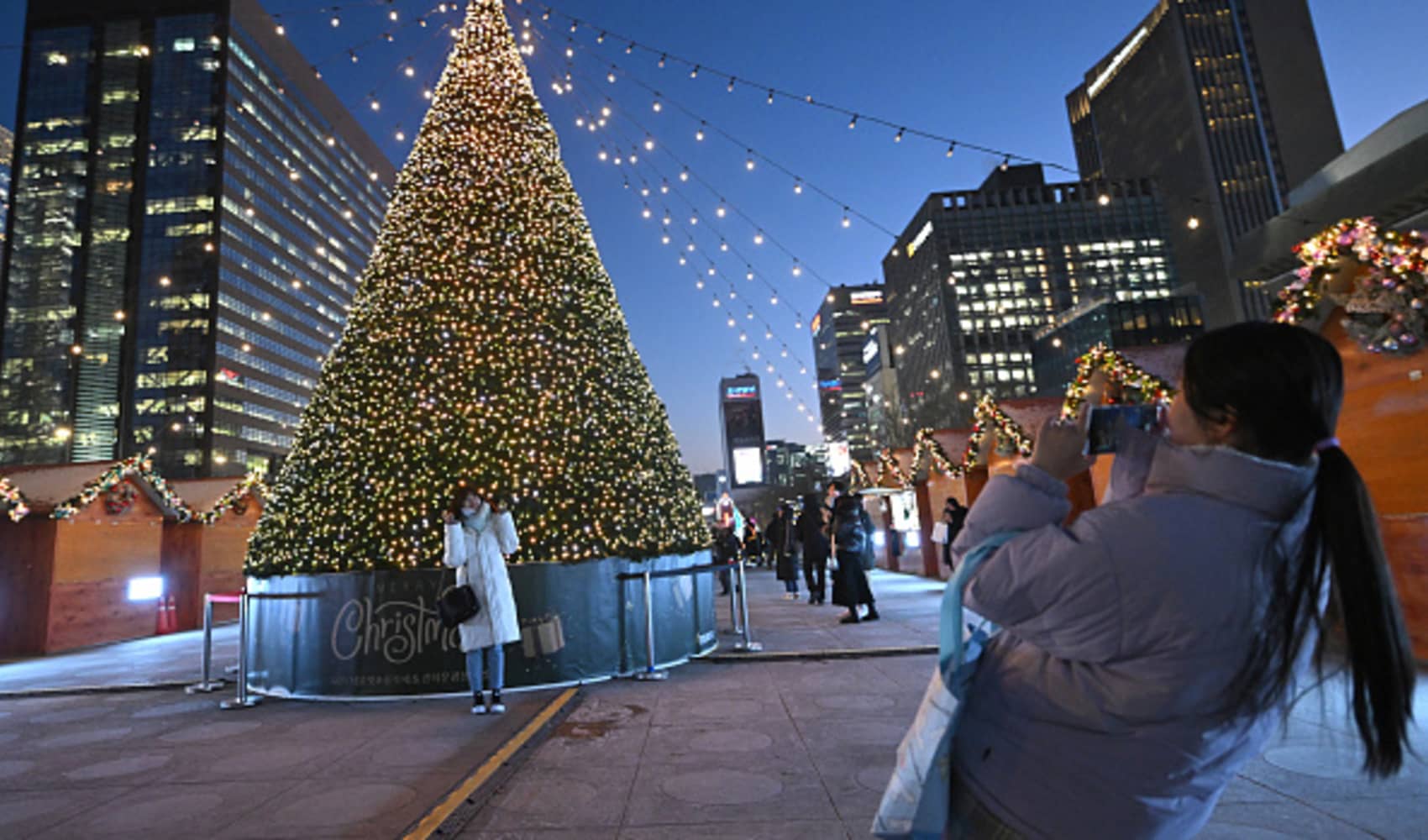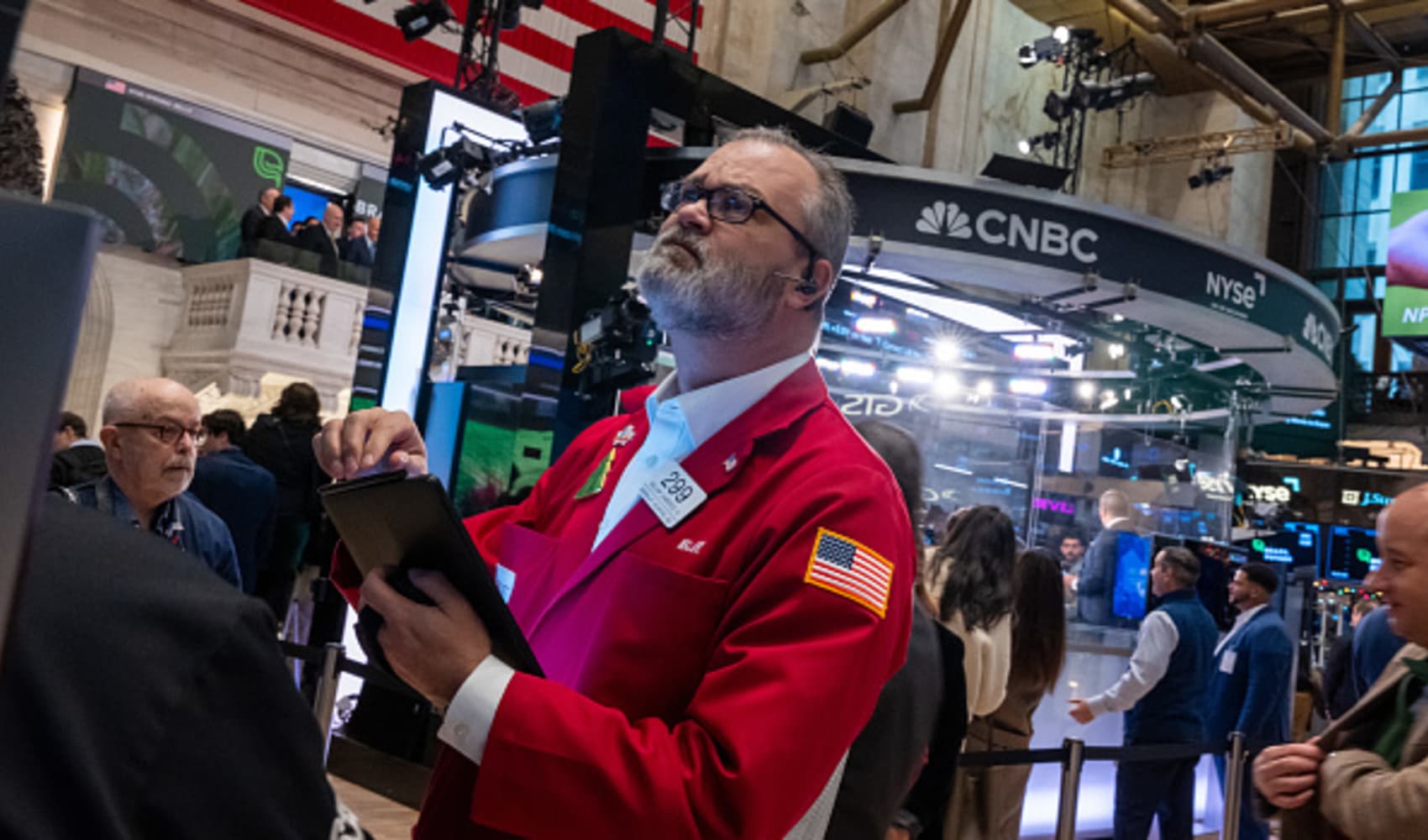
- The federal criminal election interference case against Donald Trump resumed in Washington, D.C., after a yearlong delay related to arguments on whether he can be prosecuted for conduct committed while he was president.
- Judge Tanya Chutkan heard arguments over how to schedule legal briefs to be filed in advance of a possible trial in the case.
- The trial is not going to happen before the election between Trump, the Republican presidential nominee, and Vice President Kamala Harris, the Democratic nominee.
The federal criminal election interference case against Donald Trump resumed in Washington, D.C., on Thursday after a nearly yearlong delay related to arguments on whether he can be prosecuted for conduct committed while he was president.
Watch NBC6 free wherever you are
>Judge Tanya Chutkan heard arguments Thursday morning over how to schedule legal briefs to be filed in advance of a possible trial in the case.
"Probably an exercise in futility to set a trial date now," Chutkan said in U.S. District Court at the end of the hearing.
Get local news you need to know to start your day with NBC 6's News Headlines newsletter.
>She said she would issue an order setting a schedule for motions as soon as possible.
Trump's trial in the case is likely to happen by 2025 at the earliest — if at all — because Chutkan's rulings on whether the case can go to trial are virtually certain to be appealed by one side or the other.
"A guiding principle here is we should structure a schedule here that leads to only one interlocutory appeal," said Thomas Windom, a prosecutor in the case, told Chutkan, using a term for appeals that occur before or during a trial, as opposed to afterward.
Money Report
"We know that there is going to be an interlocutory appeal. We are just trying to limit to one," said Windom.
Trump, the Republican nominee, is set to face Democratic nominee Vice President Kamala Harris in November's presidential election.
The hearing comes two months after the U.S. Supreme Court ruled that Trump has presumptive immunity from prosecution for official acts he performed while president but that he is not immune from prosecution for unofficial acts.
The justices sent the case back to Chutkan to rule on questions about what evidence could be used against Trump in light of that decision at any trial on the counts accusing him of trying to illegally reverse his loss in the 2020 election to President Joe Biden.
Special counsel Jack Smith, whose team is prosecuting Trump, last week obtained a superseding indictment against the former president that contained the same four criminal counts he faced in the case, but which omitted claims of conduct that might be blocked by the Supreme Court's ruling.
Trump was not in attendance at Thursday's hearing, where his defense team entered a not guilty plea on his behalf.
Trump's lawyer John Lauro told Chutkan he wants to file a motion challenging the indictment of Trump because Smith, who heads the prosecution team, was not legally appointed to that role by U.S. Attorney General Merrick Garland.
Chutkan asked Lauro why he had not previously filed such a motion, and suggested he had not done so because there was a precedent in D.C.'s federal appellate court upholding the legality of the attorney general appointing special counsels like Smith.
Lauro cited a concurrence to the July 1 Supreme Court ruling by Justice Clarence Thomas that suggested Smith's appointment might be unconstitutional.
Two weeks after the Supreme Court's ruling, a federal judge in Florida, Aileen Cannon, dismissed another criminal prosecution of Trump on the ground that Smith's appointment as special counsel violated the appointments clause of the U.S. Constitution.
Trump was accused in that case of retaining classified government documents after leaving the White House and of obstructing efforts to recover them.
Lauro on Thursday pointed to Cannon's ruling while arguing to Chutkan that he should be allowed to file a motion challenging Smith's appointment as it applies to the election interference case.
Chutkan said that she did not find Cannon's decision "persuasive."
But she told Lauro she would allow him to file a request that he be permitted to file a motion challenging Smith's appointment, but told him to address the question of why the D.C. appellate court's prior ruling does not foreclose such a motion.
"We feel your honor is going to dismiss this indictment after you hear from us in our motion papers," Lauro told the judge.
Smith has appealed Cannon's dismissal of the classified documents case.






